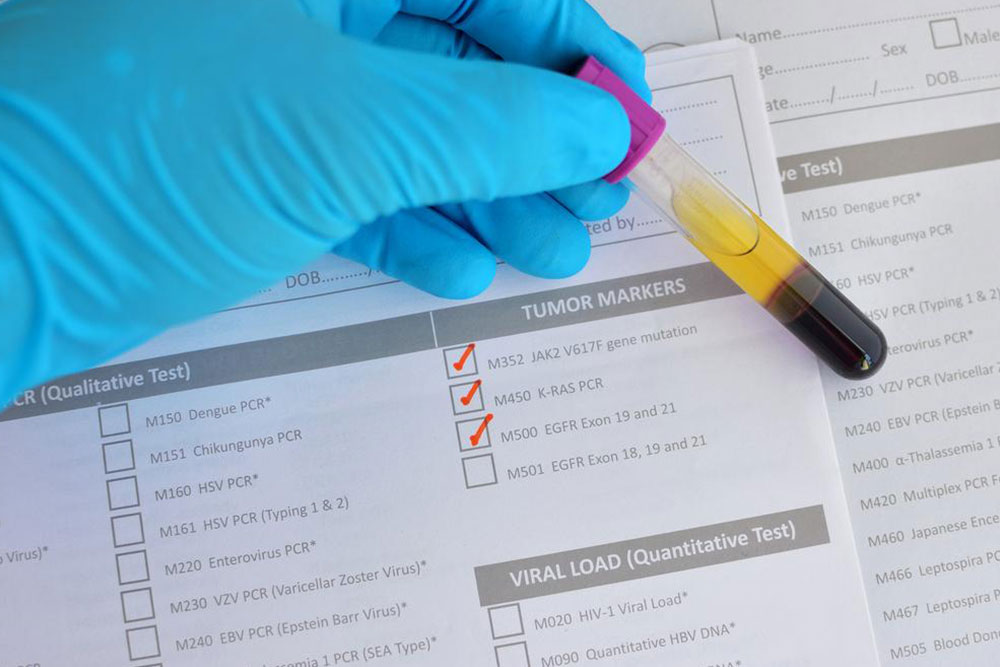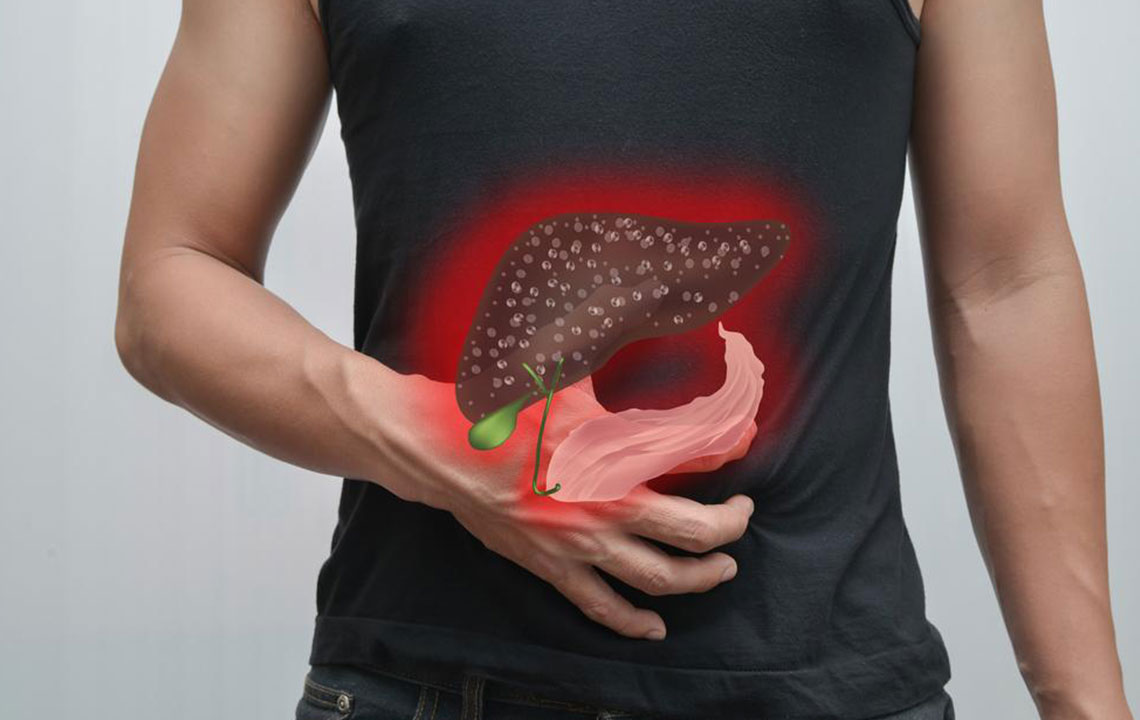Understanding Elevated Liver Enzymes: Causes, Symptoms, and Treatment Options
This article explains the causes, symptoms, and treatment options for elevated liver enzymes. It emphasizes the importance of regular monitoring and early detection to prevent serious liver conditions. Understanding conditions like fatty liver, hepatitis, and autoimmune issues can help in identifying symptoms early and seeking appropriate care. Lifestyle changes, medical interventions, and timely diagnosis play vital roles in managing liver health and preventing damage. Stay informed about liver health to ensure overall well-being and prevent complications.

Understanding Elevated Liver Enzymes: Causes, Symptoms, and Treatment Options
The liver plays a crucial role in detoxifying the body, producing vital enzymes, and processing nutrients. When liver enzyme levels rise abnormally, it can indicate liver damage or other health issues. Monitoring these levels through regular tests enables early detection of liver problems, helping to prevent serious complications. Recognizing symptoms linked to high liver enzymes allows timely intervention. Maintaining liver health through routine check-ups and lifestyle adjustments is essential for overall well-being.
Common Causes Elevated levels of ALT and AST enzymes often point to liver issues influenced by various factors, including infections, diseases, or toxins. Awareness of these causes can guide appropriate management.
Here are some typical reasons for enzyme elevation:
Fatty Liver Disease: This common condition affects about a quarter of the global population, especially those with metabolic issues like type 2 diabetes. It causes liver inflammation and can lead to complications like cirrhosis and hepatitis, often resulting in elevated enzyme levels.
Viral Hepatitis: Infections such as hepatitis B and C can cause liver inflammation, raising enzyme levels and leading to ongoing liver damage if untreated.
Toxic Hepatitis:
Exposure to harmful chemicals like pesticides, industrial toxins, and some medications can inflame the liver, causing enzyme levels to rise.
Autoimmune Hepatitis: In this condition, the immune system mistakenly attacks liver tissue, resulting in inflammation and increased enzyme levels.
Metabolic Syndrome: A cluster of symptoms including hypertension, high blood sugar, and high cholesterol can also contribute to elevated liver enzymes.
Symptoms: Signs of liver dysfunction associated with high enzyme levels include jaundice, fatigue, loss of appetite, and abdominal discomfort.
Jaundice: Yellowing of the skin and eyes caused by bilirubin buildup is a primary indicator of liver problems. It might be accompanied by dark urine and pale stools, signifying impaired liver function.
Fatigue: Persistent tiredness that doesn't improve with rest often indicates liver issues, reflecting decreased energy production.
Loss of Appetite: High enzyme levels can disrupt digestion, leading to nausea, vomiting, and diminished food intake, which may cause nutritional deficiencies.
Abdominal Pain and Swelling: Inflammation or enlargement of the liver can cause discomfort or pain, primarily in the upper right abdomen, along with fluid buildup causing swelling (ascites).
Treatment: Diagnosis typically involves blood tests. Depending on the cause, treatments may include lifestyle modifications for fatty liver or metabolic syndrome, antiviral therapies for hepatitis, and avoiding toxins. Early detection and management are vital to prevent severe liver damage and complications.
Note:
All health information provided here is for educational purposes only. For proper diagnosis and treatment, consult licensed healthcare professionals. Do not rely solely on online information for medical decisions.










